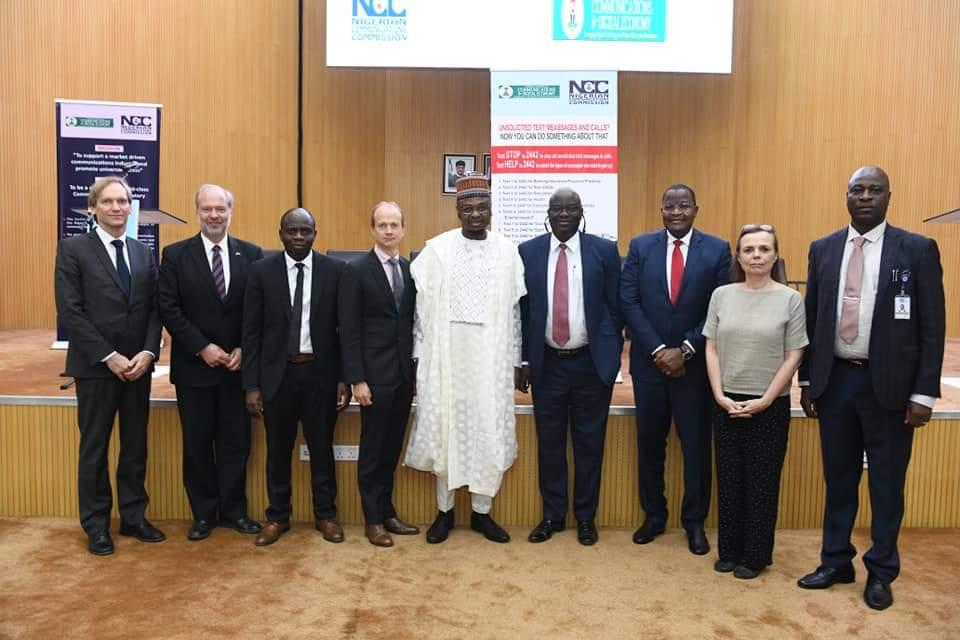…As NCC, partners commence capacity building on ICT regulation

By Omobayo Azeez
The National Digital Economy Policy and Strategy (NDEPS) unveiled by President Muhammadu Buhari on November 28, 2019, is well-conceived and on track, Isa Pantami, minister of communications and digital economy has said.
He added that the digital economy agenda was built on objectives that will boost development of digital skills in both private and public sectors in Nigeria.
Pantami stated this recently at the opening of an Information and Communications Technology (ICT) regulation workshop organised by the Nigerian Communications Commission (NCC) in partnership with the Swedish Post & Telecoms Authority (PTS).
The PTS is a sectoral regulator for posts and telecommunication; and the Swedish Programme for ICT Development in Emerging Regions (SPIDER).
In his opening remark at the three-day workshop taking held in Abuja, Pantami stated that the workshop directly resonates with the first, second and seventh items of the eight pillars of the NDEPS.
He highlighted the three items to include developmental regulations, digital literacy and skill acquisition, as well as digital society and emerging technologies respectively.
The Minister reiterated that it is high time the country focused more on skills acquisition rather than certification in order to harness and enjoy derivable benefits from the rapid advancement in the ICT.
He enjoined the participants to maximise the opportunity of the workshop to hone their digital skills for effective regulations of the ICT industry.
Pantami commended the Swedish government for its support in hosting the capacity building for the ICT industry regulators in Nigeria.
Earlier, Carl-Michael Grans, the Swedish ambassador to Nigeria, who has concurrent accreditation to Ghana, Cameroon and ECOWAS, told participants that the workshop was a follow-up to one which held in November 2019, in Stockholm, Sweden.
He stated that the focus is to explore how new technologies can best be used to improve the society.
Reflecting on the history of communications technology, Grans said ever since Ericsson opened an office in Sweden in 1876 to address the challenges of telegraphy, successive Swedish authorities have tapped into advancement in ICT to enhance the growth and development of the Swedish society.
Meanwhile, Adeolu Akande, chairman of the board of commissioners, NCC, emphasised the significance of the workshop in the context of the recently-unveiled NDEPS and the new National Broadband Plan 2020-2024 which, he said, would soon be unveiled by the Minister.
Participants at the workshop included the staff of the Federal Ministry of Communications and Digital Economy (FMoCDE), NCC, National Information Technology Development Agency (NITDA) and the National Office for Technology Acquisition and Promotion (NOTAP).







